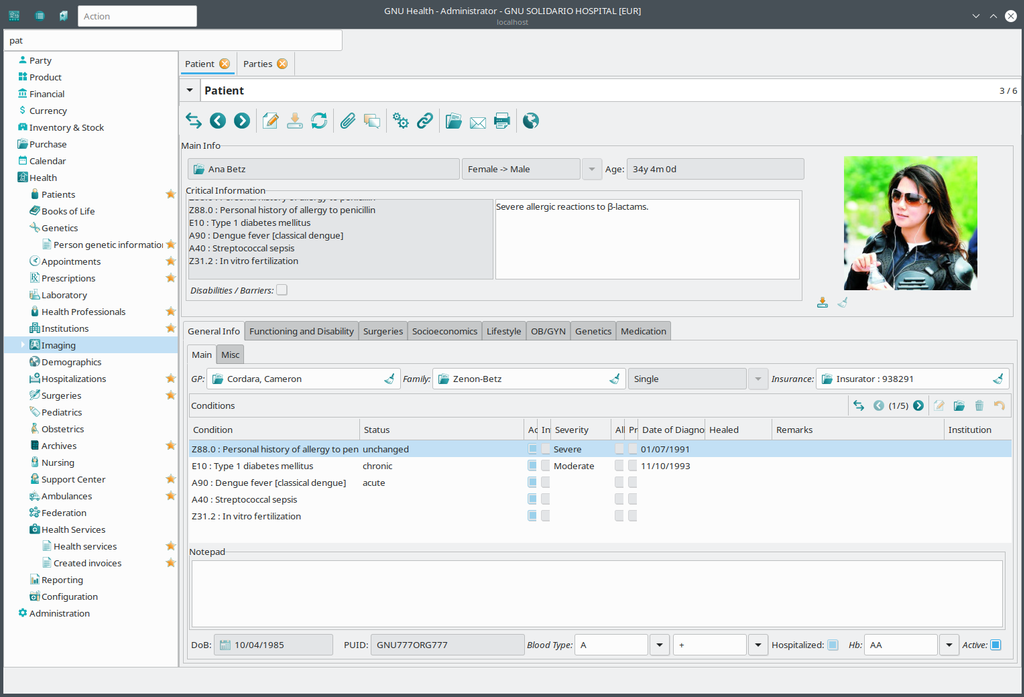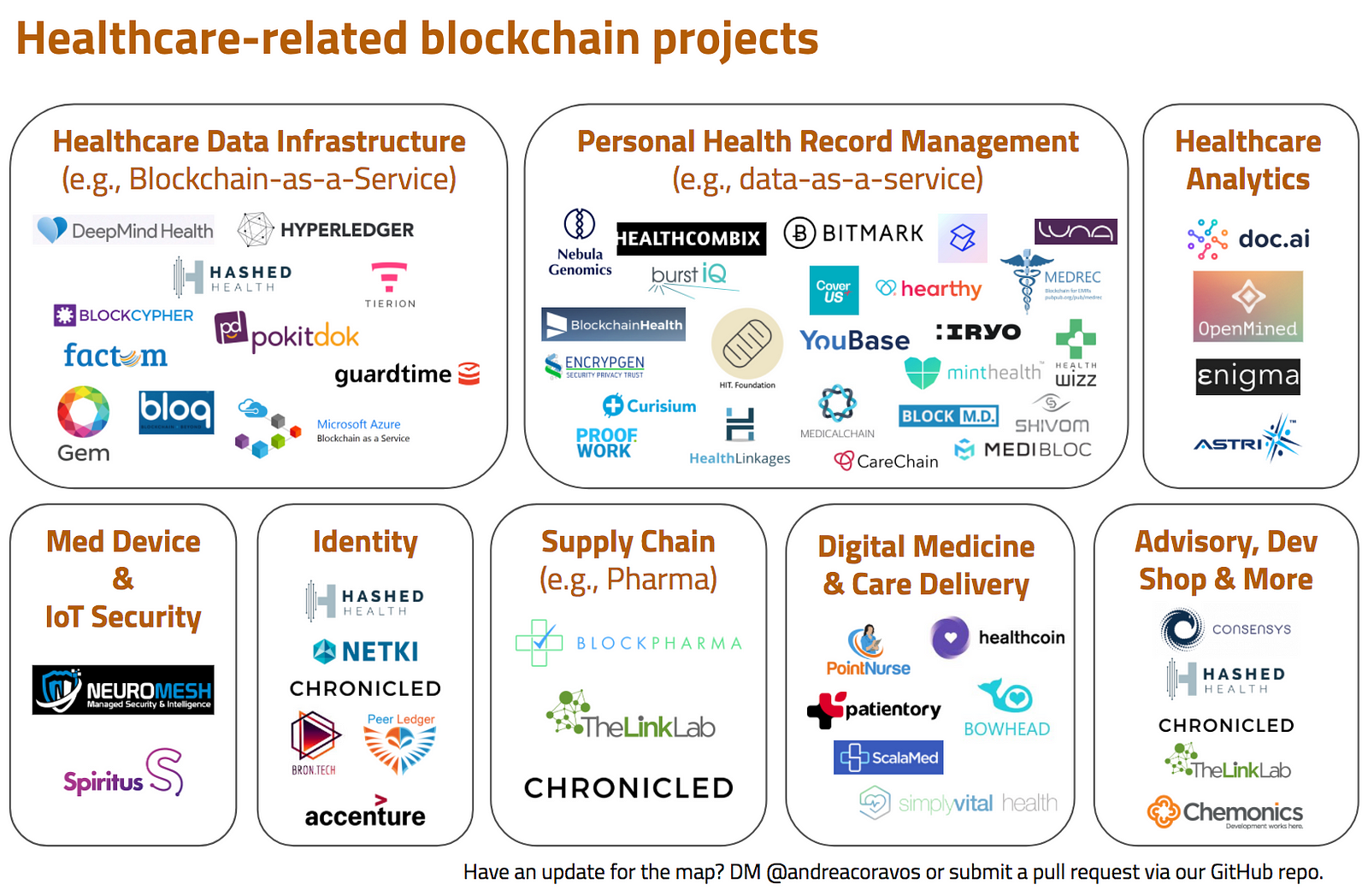Blockchain
BigCoin
Data
Big Data
Digitize
e-gov
opendata
open-gov
Complete
Data Must Be Complete All public data are made available. Data are electronically stored information or recordings, including but not limited to documents, databases, transcripts, and audio/visual recordings. Public data are data that are not subject to valid privacy, security or privilege limitations, as governed by other statutes.
Primary
Data Must Be Primary Data are published as collected at the source, with the finest possible level of granularity, not in aggregate or modified forms.
Timely
Data Must Be Timely Data are made available as quickly as necessary to preserve the value of the data.
Accessible
Data Must Be Accessible Data are available to the widest range of users for the widest range of purposes.
Machine Processable
Data Must Be Machine Processable Data are reasonably structured to allow automated processing of it.
Non-Discriminatory
Access Must Be Non-Discriminatory Data are available to anyone, with no requirement of registration.
Non-Proprietary
Data Formats Must Be Non-Proprietary Data are available in a format over which no entity has exclusive control.
License-free
Data Must Be License-free Data are not subject to any copyright, patent, trademark or trade secret regulation. Reasonable privacy, security and privilege restrictions may be allowed as governed by other statutes.
reviewable
-
A contact person must be designated to respond to people trying to use the data.
-
A contact person must be designated to respond to complaints about violations of the principles.
-
An administrative or judicial court must have the jurisdiction to review whether the agency has applied these principles appropriately.
Healthcare
http://health.gnu.org
GNUHealth
GNU Health is the Free/Libre Health and Hospital information system



Healthcare
blockchain
Healthcare
Silicon Republic, block chain startups raised $1.4 billion in 2016 and $1 million in 2017.

Health Data
According to Hyperledger’s survey, 42.9% of healthcare organizations suppose that the interoperability of electronic health records will help for faster blockchain implementation; with 28.6% of respondents ready to use this technology in care settings today. So, what are the benefits of blockchain technology in healthcare?
Data Provenance
and Integrity
- Patient health information (PHI);
- Electronic health records;
- Data collected from IoT devices (Internet of Things) or monitoring systems; and,
- Medical insurance claims.
More Secure Standards
- Technical proof of concept (PoC) (65.4%);
- Security proof (38.5%);
- Privacy proof (34.6%); and,
- Regulatory approval (23.1%).
Data Transparency
55.2%
Usage
- Drug traceability;
- Data security in clinical trials; and,
- Patient Data Management.
Patient Data Management
Patient data privacy is strictly regulated by the Health Insurance Portability and Accountability Act (HIPAA), and requires PHI to be totally secure.
Blockchain
healthcare startups
· Guardtime (a blockchain-based system for securing patient healthcare records);
· Gem Health (an initiative that promotes blockchain-based collaboration in healthcare);
· Cyph (a platform for building secure digital identities and ensuring protected communication between healthcare providers);
· MedRec (a blockchain-based system for securing medical records management); and,
· Blockchain Health (a blockchain-based system for medical research management).





disciplina
DISCIPLINA
We are developing the first blockchain to create verified personal profiles based on academic and professional achievements
101
https://www.udemy.com/blockchain-101-beginners-free-course-bootcamp-cryptocurrency/